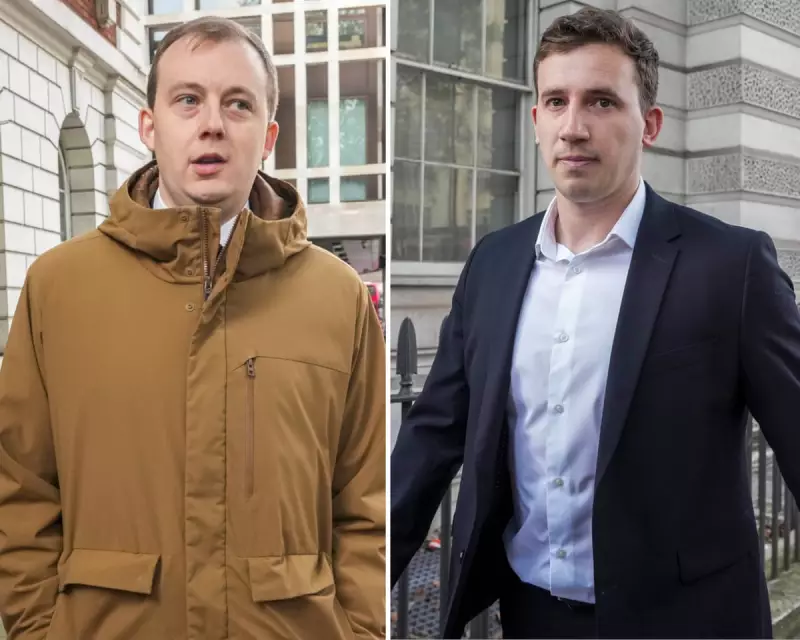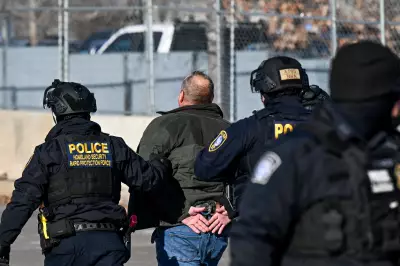
Downing Street is confronting intensifying pressure to release crucial evidence that underpinned a high-profile Chinese espionage case, after prosecutors made the stunning decision to drop all charges against the two accused individuals.
Case Collapse Sparks Political Firestorm
The dramatic collapse of what was billed as a major national security prosecution has triggered widespread concern across Westminster. Opposition leaders and legal experts are now demanding full transparency about the intelligence that initially justified the serious allegations.
Labour's shadow attorney general, Emily Thornberry, has spearheaded calls for disclosure, arguing that the public deserves to understand what went wrong in a case that captured national attention and raised serious questions about UK-China relations.
Prosecution's Surprising U-turn
In a development that shocked legal observers, the Crown Prosecution Service announced it would not proceed with charges against parliamentary researcher Christopher Cash and academic Christopher Berry. Both men had been accused of breaching the Official Secrets Act by allegedly spying for China.
The case's abrupt termination came after prosecutors received additional evidence that fundamentally undermined their position. This revelation has left many wondering about the strength of the original intelligence that prompted the arrests.
Government's Evasive Stance
Prime Minister Keir Starmer's administration has so far resisted calls for full disclosure, citing standard protocols around sensitive intelligence material. Downing Street maintains that national security considerations must take precedence over public curiosity.
However, this position is becoming increasingly difficult to maintain as:
- Legal experts question the case's initial approval
- MPs demand accountability for the collapsed prosecution
- Concerns grow about the impact on UK-China diplomatic relations
- The reputational damage to the individuals involved remains unaddressed
Broader Implications for National Security
The case's collapse raises significant questions about Britain's approach to counter-espionage operations and the threshold for bringing such serious charges. Security analysts suggest this episode could have far-reaching consequences for how intelligence is assessed before proceeding to prosecution.
As the political pressure mounts, all eyes remain on Number 10 to see whether the government will yield to demands for greater transparency or maintain its position behind the veil of national security.





